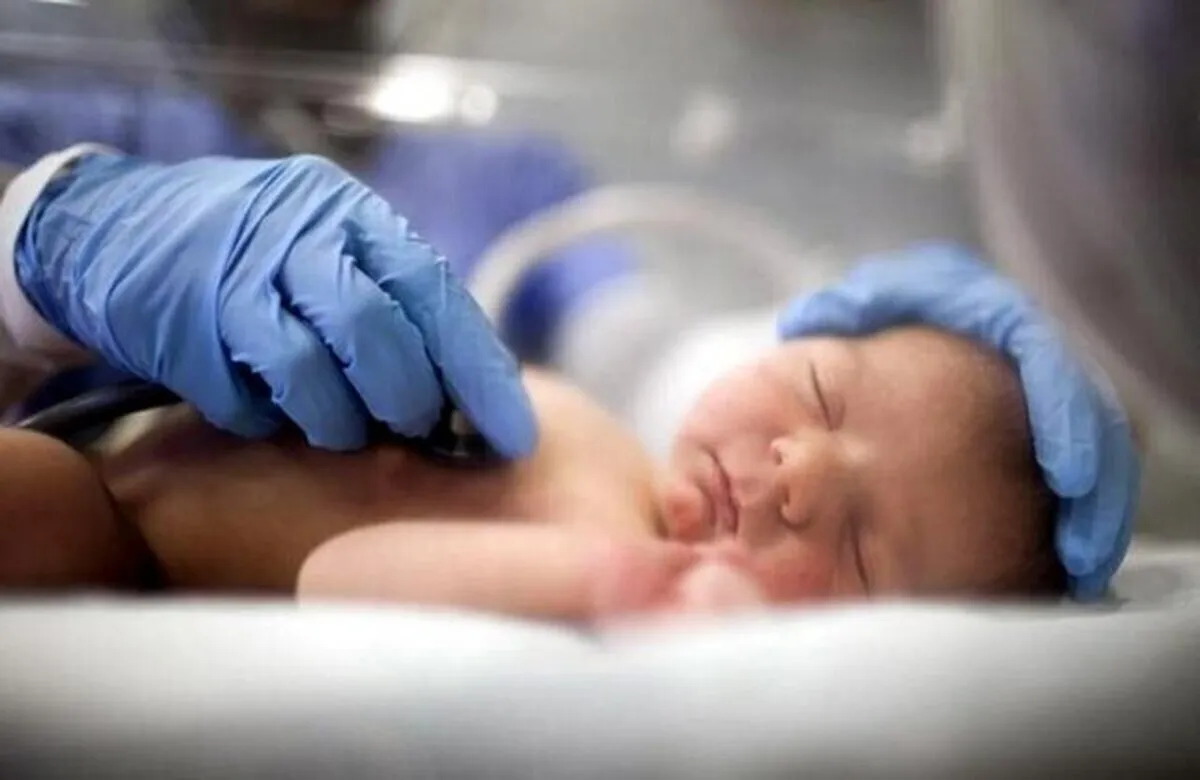Iranian Knowledge-Based Firm Produces Healthy Sperm Separation Chip for Infertility Treatment

Yasaman Asgari, a master's student in medical nanotechnology and a researcher at the knowledge-based company, announced the design and production of a specialized product in the field of microfluidics that is used in infertility treatment processes like IVF and ICSI.
“In our company, we are trying to produce cost-effective designs in the field of microfluidics, relying on our technical know-how,” Asgari said.
“Our product, which has successfully passed the clinical testing stages, is a chip for separating healthy and capable sperm that is used in assisted reproductive treatments,” she added.
Asgari explained that the chip separates healthy sperm in terms of movement, speed and quality and collects them inside a filter, and embryologists harvest healthy sperm and fertilize them with eggs.
In a relevant development in January, Iranian researchers from Royan Research Institute and the University of Tehran had also designed an electrical microsensor that detects high-quality human eggs to help treat infertility.
In a joint study conducted at the Faculty of Electrical and Computer Engineering of the University of Tehran, and the Reproductive Sciences Center of Royan Research Institute, a simple electrical microsensor was designed and built to detect high-quality mouse eggs.
This electrical device predicts egg quality by using three electrical properties of the egg membrane, egg radius, and the thickness of the zona layer surrounding the egg.
To evaluate the effectiveness of this microsensor, the predictions made by it were compared with the evaluation of an embryologist.
Royan Research Institute announced that the results of this study were published in the journal Lab Chip in 2024.
4155/v





















